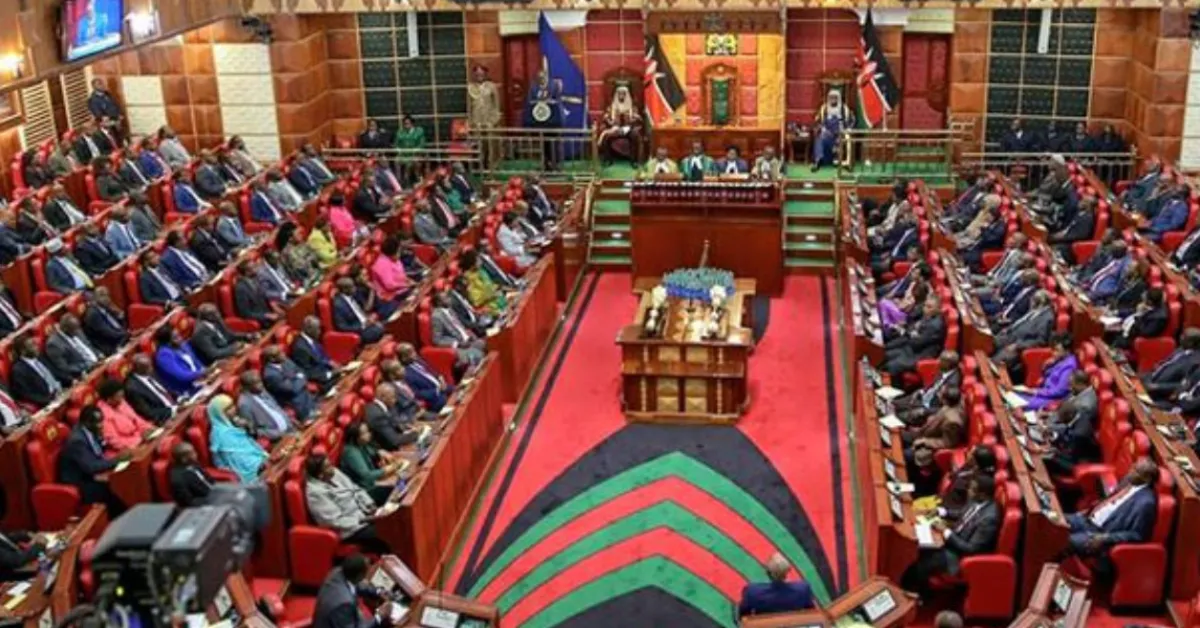Senators Call for Certificate of Good Conduct to Be Valid for Life

Kenyan senators are calling for the Certificate of Good Conduct to be made valid for life, with revocation only in cases of criminal conviction.
Currently issued by the Directorate of Criminal Investigations (DCI), the certificate is a requirement for job applications, business registration, and other official processes. Its one-year validity and manual application process have been criticised for creating unnecessary financial and logistical challenges, especially for unemployed youth and individuals in remote areas.
Senators argue that the renewal requirement is both costly and inefficient. Nandi Senator Samson Cherargei said the certificate should remain valid unless the holder is convicted of a crime, and called for its decentralised issuance through sub-county DCI offices and Huduma Centres. He described the current system as outdated and misaligned with Kenya’s digital transformation goals.
Murang’a Senator Joe Nyutu urged the adoption of biometric technology, encrypted databases, and secure communication systems to improve verification and prevent fraud. He said that the current manual system delays service delivery and creates opportunities for corruption.
The cost of obtaining the certificate, currently set at Sh1,050, combined with other required clearances, such as from the Kenya Revenue Authority and Higher Education Loans Board, can push total expenses close to Sh10,000. Lawmakers noted that these costs are unaffordable for many young jobseekers.
Kisumu Senator Tom Ojienda said that decentralisation is achievable, pointing to Kenya’s success in rolling out national ID cards through an already centralised data system. Uasin Gishu Senator Jackson Mandago added that Kenya’s mobile penetration rate, estimated at 95 percent, could support a mobile-based application process and digital certificate delivery.
The senators’ proposals aim to align certificate issuance with current technology and social realities. They argue that reform is necessary to improve access, efficiency, and fairness in public service delivery.














Add new comment